Question And Answer
Publications
Articles, publications, books, tools and multimedia features from the U.S. Institute of Peace provide the latest news, analysis, research findings, practitioner guides and reports, all related to the conflict zones and issues that are at the center of the Institute’s work to prevent and reduce violent conflict.
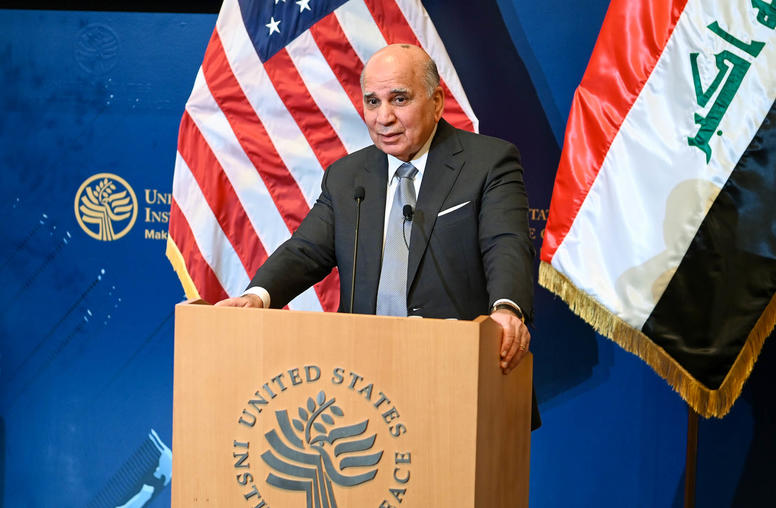
Fighting Corruption Harder than Fighting ISIS, Says Iraq’s Deputy Prime Minister
Iraqi Deputy Prime Minister Fuad Hussein on February 10 laid out the new Iraqi government’s priorities, outlined areas of common interest with the United States and defended his country’s relations with Iran, Russia and China — countries that are all at odds with the United States.
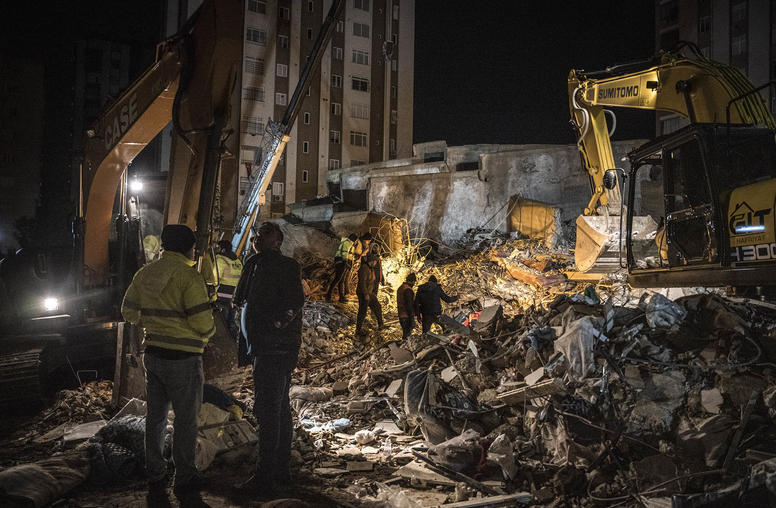
Enormous Earthquakes Exacerbate Syria’s Humanitarian Crisis
A powerful earthquake, registering 7.8 on the Richter scale, struck Türkiye and Syria early Monday morning, with a 7.5 magnitude tremor and other aftershocks felt by countries around the region. Initial figures suggest that in Türkiye as many as 2,921 were killed and 13,293 injured, with 5,600 buildings collapsed. All told, the death toll in Türkiye and Syria stands at 4,300 but is likely to continue to rise. The epicenter of the quake was Türkiye’s southern city of Gaziantep, home to nearly half a million Syrian refugees forced from their homeland amid Syria’s devastating civil war. While the international community mobilized quickly to pledge assistance, aid delivery to Syria — already dealing with massive humanitarian challenges in both rebel- and regime-held areas — will be particularly complicated given the country’s ongoing conflict.

Robert Barron on the Violence in the West Bank
After an especially violent month in the West Bank, a two-state solution seems as distant a prospect as ever — leaving many “worried that we could be witnessing a spiral” in the Israeli-Palestinian conflict as no one seems inclined “to take the steps that would be required to realize a two-state solution,” says USIP’s Robert Barron.
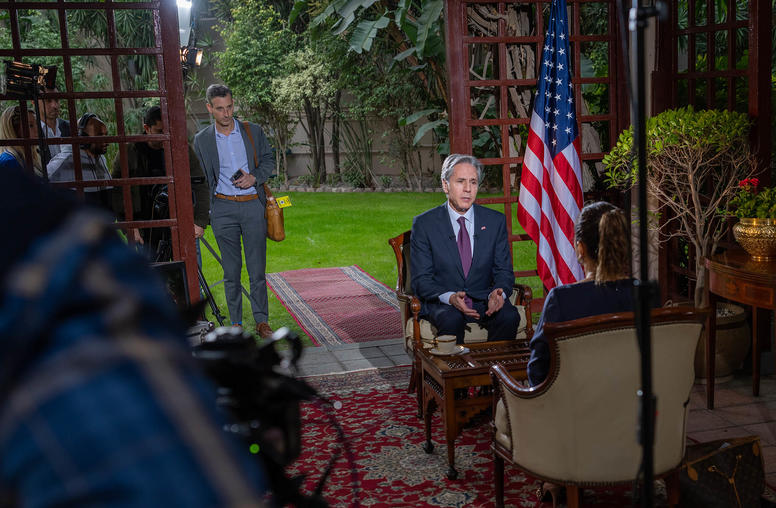
Takeaways from Blinken’s Trip to the Middle East
The Middle East has not been a high priority for the Biden administration thus far, with issues such as Russia’s war in Ukraine and escalating tensions with China taking precedence. However, recent developments in the region are catching the administration’s attention, and Secretary of State Antony Blinken’s visit to Egypt, Israel and the West Bank earlier this week sought to reaffirm U.S. engagement in the Middle East amid political turnover in Israel, spiraling violence in the Israeli-Palestinian arena, stepped-up Iran-Israel tensions and a deepening economic crisis in Egypt.
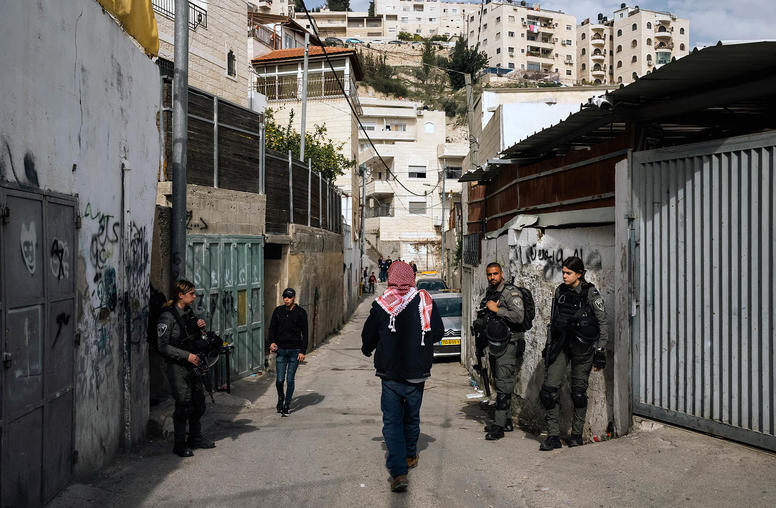
For Israelis and Palestinians, a Tragic Spiral Reemerges
Since late last week, violence between Israelis and Palestinians has rapidly escalated in the West Bank and around Jerusalem, and January has proven to be one of the most violent months in the West Bank in decades. Attacks continue, exacerbated by bitter publics, frenzied politics and fragile institutions in the West Bank. The Israeli-Palestinian conflict may be in a spiral toward a third intifada and even the possible end of the two-state paradigm.

Thomas Hill on the U.N. Mission in Libya
Twelve years since the fall of Qaddafi, the United Nations' Libya mission carries the same mandate as it did in 2011. With the country still experiencing various degrees of conflict and upheaval, it’s time to “re-envision what we want the U.N. to do” in Libya and create a “mandate [that] will reflect that,” says USIP’s Thomas Hill.
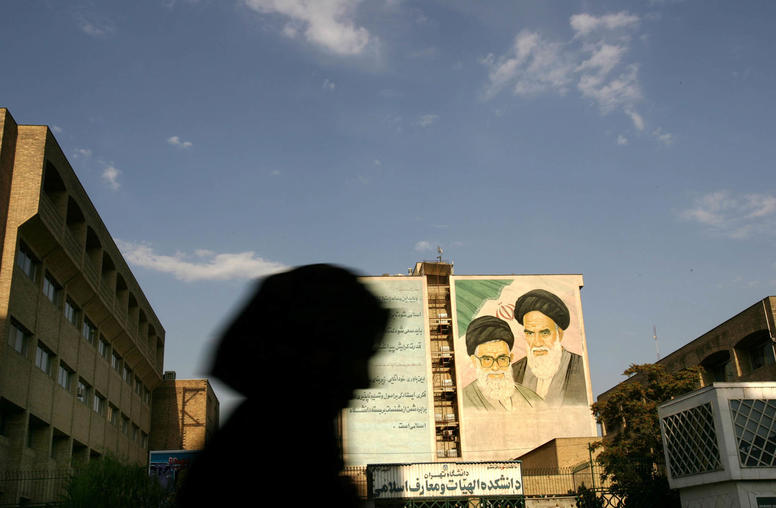
Whither Iran on the Revolution’s Anniversary?
Iran marks the anniversary of the Islamic revolution in February amid increasingly existential challenges at home and in relations with the outside world. Four months of nationwide protests — triggered by the death of 22-year-old Mahsa Amini in September 2022 — reflected deepening discontent among Iran’s Gen Z. Young women on streets and at schools abandoned the headscarves required by law, as shouts of “woman, life, freedom” and “death to the dictator” echoed across campus grounds. The protests were a brazen rejection of Supreme Leader Ayatollah Ali Khamenei and, more broadly, the theocracy’s basic belief that god’s law supersedes human laws. The scope of fury was reflected on October 8, when female students at Al Zahra University in Tehran shouted “Clerics, get lost” during a visit by President Ebrahim Raisi.
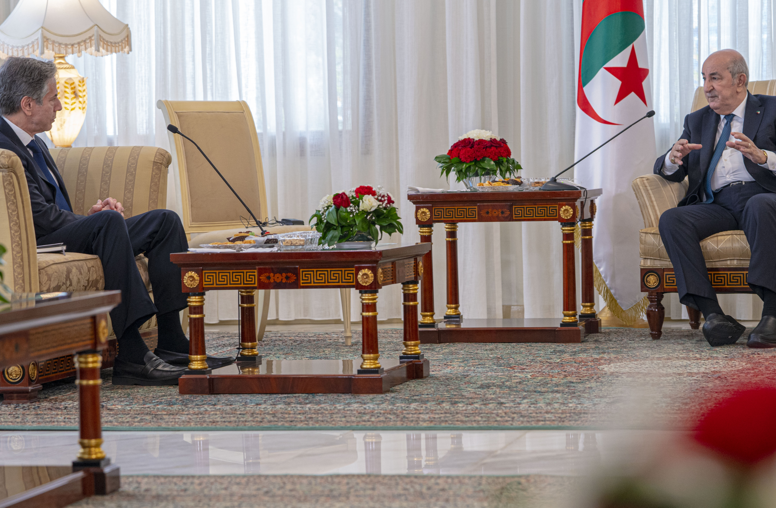
A Newly Assertive Algeria Seizes an Opportunity
For decades, Algeria has eschewed participation in international affairs. As a member of the non-aligned movement, the country has been described as “anti-Western,” “anti-capitalist,” and “insular.” Privately, American diplomats describe the government as one of the region’s most challenging to penetrate and understand. But over the last two years, there have been signs that Algeria is changing and starting to flex its economic and political muscles, which has accelerated in the wake of the war in Ukraine, with Algeria capitalizing on opportunities created by changes to global energy markets. Algeria has also increasingly asserted itself in the African Union and Arab League, stepped up its lobbying efforts in foreign capitals and is deepening ties with Beijing. But is Algeria ready for the responsibility that accompanies the role it is positioning to play?

Mona Yacoubian on Russia’s Diminishing Role in Syria
Amid military struggles in Ukraine, Russia’s presence in Syria is slowly receding, setting off a series of regional shifts from Turkey, Iran and Israel that could have major ripple effects on U.S. national security interests, says USIP’s Mona Yacoubian: “There are too many actors there for it be a simple math equation.”
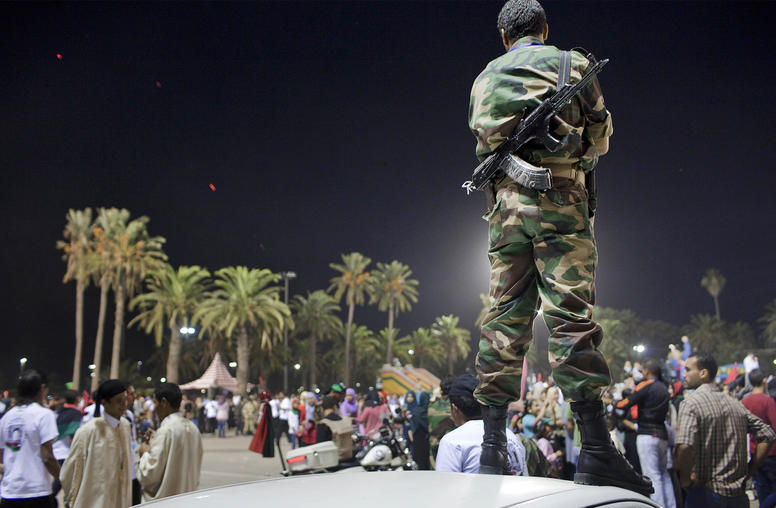
The U.N.’s Libya Mission Needs a Reset
Nearly 12 years since the overthrow of Libya’s longtime dictator, Muammar Qaddafi, the country remains divided, providing opportunities for malign foreign interference. European and Middle Eastern governments have exploited the Libyan conflict to advance narrow self-interests — often at the expense of the Libyan people. Against this backdrop, the United Nations, via its support mission in Libya (UNSMIL), has worked to find a way to balance the interests of the Libyan people, political elites and powerful external actors to devise a political settlement and resolve the conflict.